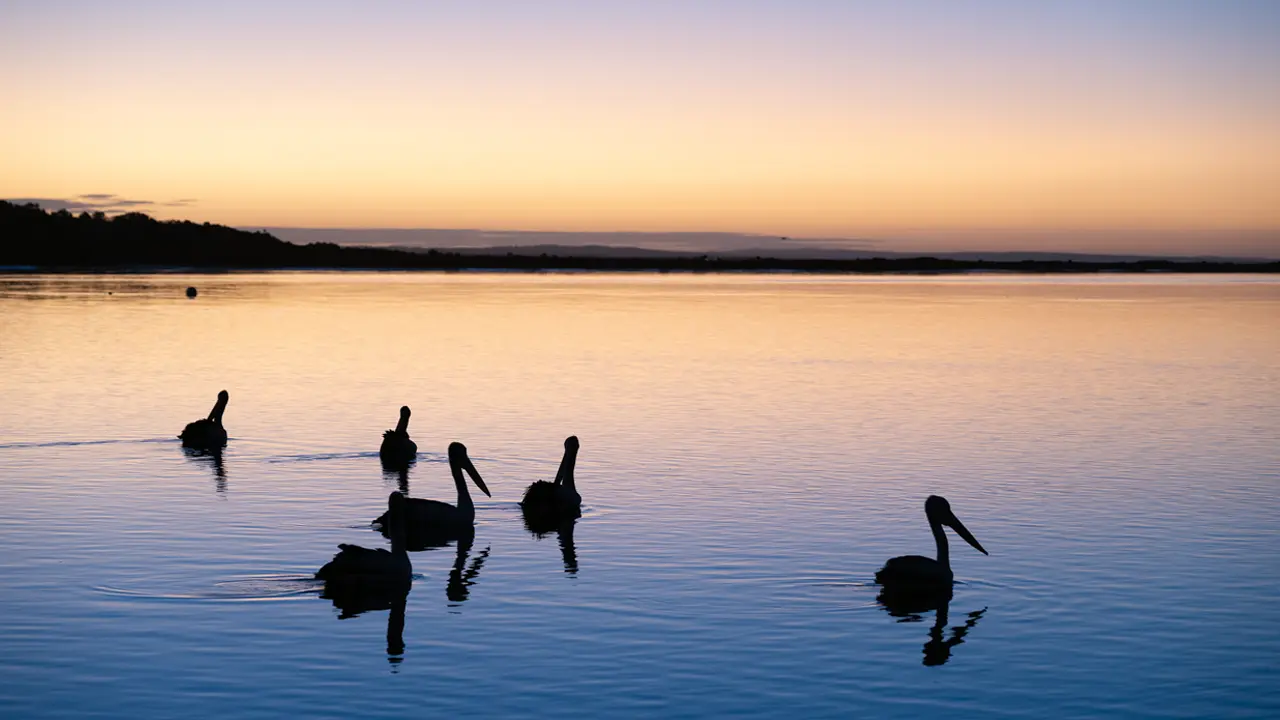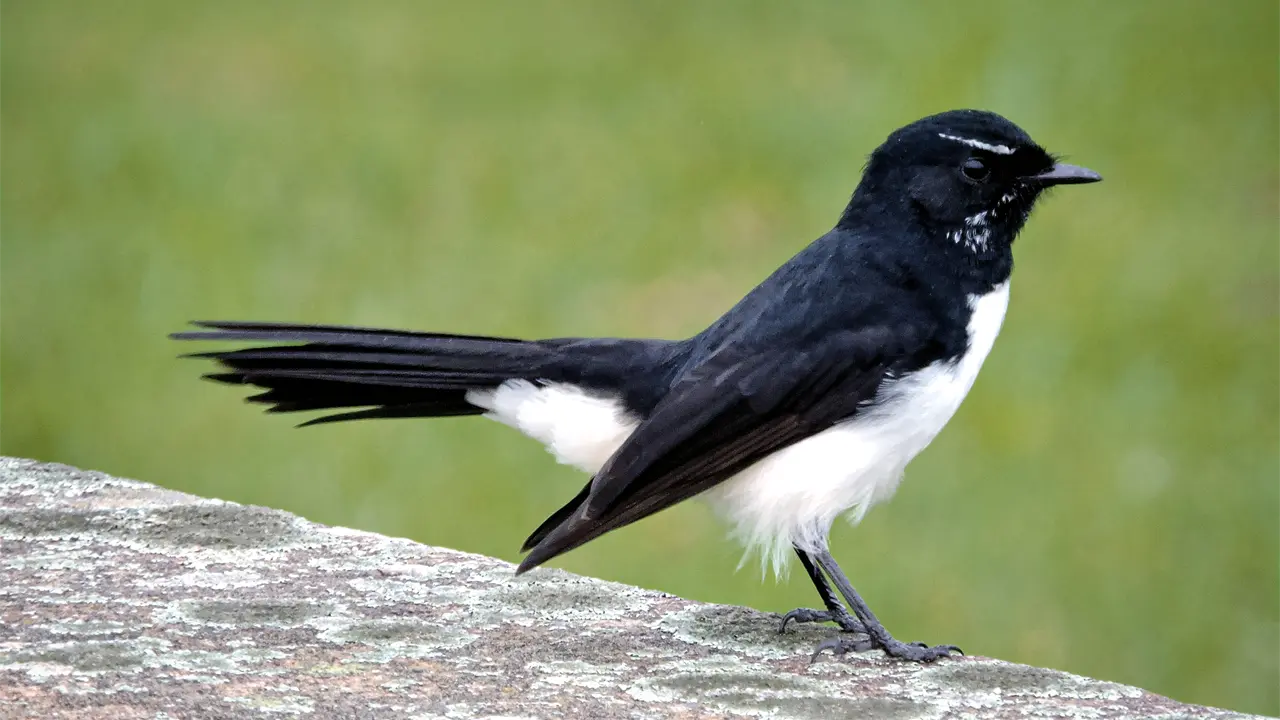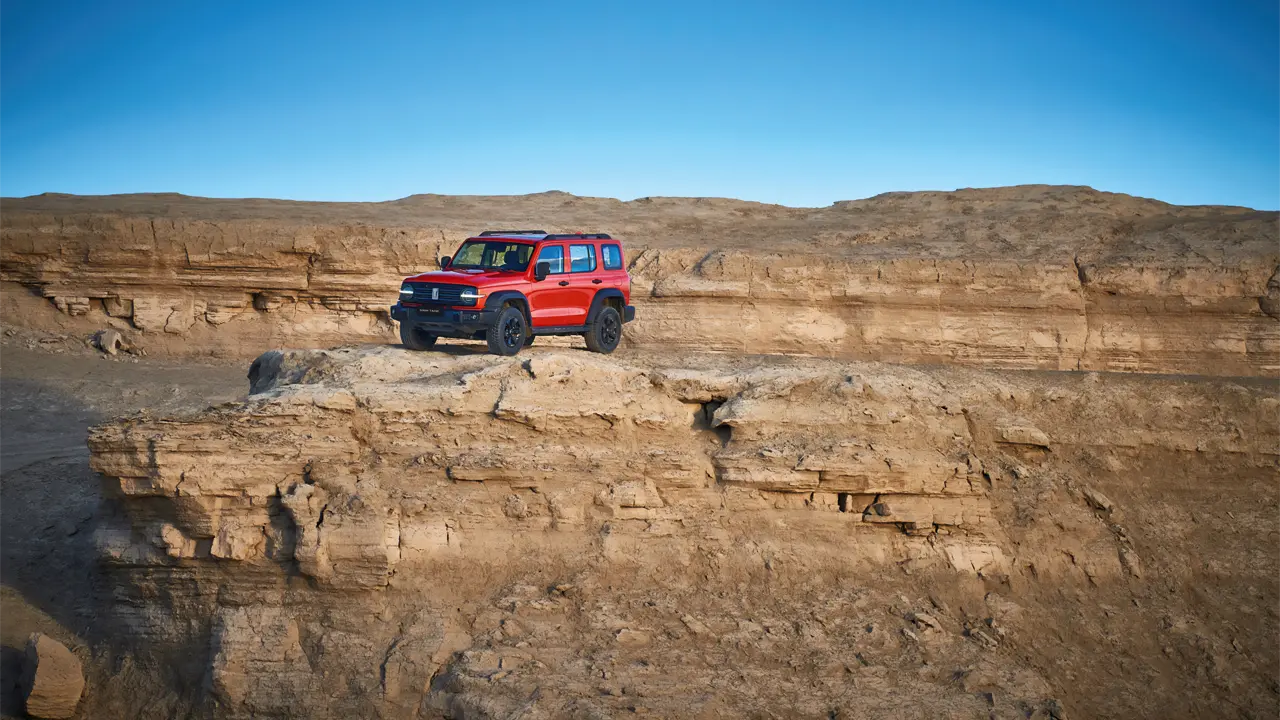The windswept dunes of NSW's Myall Lakes National Park brings the feel of the outback to the ocean.
Story By Kirsty McKenzie
With 40 kilometres of windswept, sparsely populated beaches, a Ramsar wetland of international significance and one of the largest coastal lake systems in NSW, you could be forgiven for thinking that Myall Lakes National Park would be a remote, difficult-to-access destination. In fact, the 47,663-hectare park is anything but. Nestled between the Central Coast holiday villages of Hawks Nest and Seal Rocks, and accessible from the Pacific Highway from Bulahdelah, the park is less than three hours drive north of Sydney. It allows conventional vehicle access to 13 main camping areas and, dotted around the lakes’ foreshores, there are nine campgrounds accessible only by boat or on foot.
With 80 tent and caravan sites wedged between Myall Lake and the Pacific Ocean, Mungo Brush is one of the larger campgrounds. Located on Mungo Brush Road 6km south of the Bombah Point car ferry, the ground provides free gas barbecues, picnic shelters, a boat ramp and composting toilets. Perhaps cushier-end campers are deterred by campsites that are unpowered (there are no showers and visitors must bring their own drinking water) because, even in the middle of the summer school holidays and with a no-bookings policy, there was no problem finding a tent site.
Paddling in the shallows, fishing, waterskiing and jet skiing seem to be the main activities for visitors, while those who desire a bit more solitude can take the track that leads a couple of hundred metres over the dunes for more challenging swimming and fishing on the (unpatrolled) surf beach.
There are three spots in the park where four-wheel-drives are permitted on the beach. One of them is just north of the campground, but again, during repeated visits over a four-day weekend, we mainly had the beach to ourselves.
Walking tracks in the park were similarly quiet. Options begin with a half-hour, 1.5km loop through the coastal rainforest where twitchers are likely to spot rufous fantails, bowerbirds, emerald doves and honey eaters and keen eyes might be rewarded with koala sightings in the swamp mahogany or paperbark trees. A four-kilometre walk along a 4WD track ends at Tamboy, an isolated fishing village where a few prawn fishermen are still licensed to net.
Holiday-makers have been visiting Mungo Brush campground since the late 1800s. The Mungo Brush regatta, inaugurated in 1909, was a major event on the social calendar, with visitors from Newcastle and Sydney packing up truckloads of camping equipment to watch three days of sailing races. The picnic shelter at Mungo Brush served as the ‘boozer’ or beer tent for the thousands of visitors who turned up for the annual celebration that began each Boxing Day. The arrival of speed boats changed the nature of the regatta and it is no longer held.
Although Mungo Brush can – and in holiday peaks
does – accommodate up to 450 campers at any one time, there’s plenty of wildlife about. Myriad goannas prowling around are almost a problem and campers are advised to close their tents and dispose of or lock rubbish in their cars at night. The park also has a resident population of dingoes, many of which are genetically pure. Sightings are common. Visitors are reminded to treat them with the respect all wild animals deserve and not to feed or attempt to touch them.
The original inhabitants of the area were the Worimi people and evidence of their rich lifestyle is abundant at Dark Point, about 8km south of the campground. A short but strenuous trek over the dunes leads to a vast midden. Fireplace materials, fire-shattered stones, stone tools and bones from 17 species of fish, marsupials and birds have been unearthed at this site, which is of great significance to Aboriginal people.
It may feel as if this precious pocket of unspoilt coast and waterways is a million miles from civilisation, but the unlikely sight of a surfer lugging his board across the dunes quickly reminds us that the supermarket and bottleshop are just down the road.
For more information www.nationalparks.nsw.gov.au/parks Phone: 02 6591 0300. Camping fees are $5/adult per night, $3 for children. Vehicles are $7/day or$ 2 for an annual pass.
This story excerpt is from Issue #54
Outback Magazine: Aug/Sept 2007









